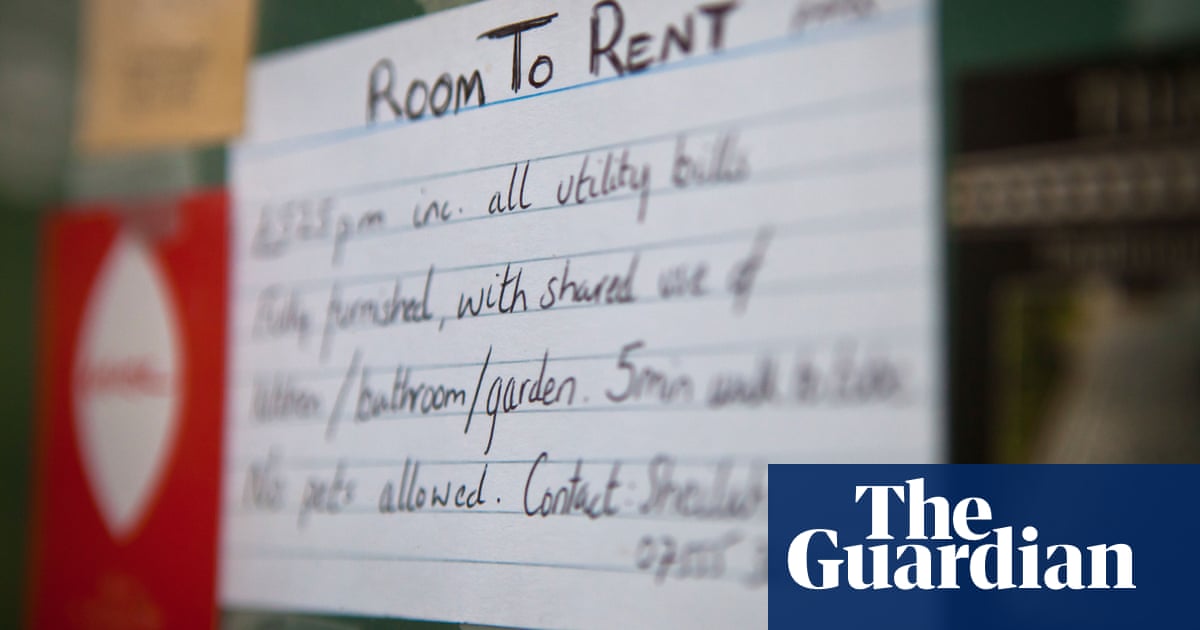
English local councils are set to shed thousands of jobs and cut services as they count the cost of lost income from multibillion-pound holdings in office blocks, retail parks, airports and cinemas, all badly hit by the coronavirus pandemic.
The commercial investments, many acquired in a £7.6bn property spending spree in England over the past four years, were part of councils’ effort to find alternative incomes and protect local services that faced cuts or closure during a decade of deep austerity cuts.
But with Covid-19 lockdown measures closing shops, workplaces and cinemas and leaving some airports deserted, councils’ rents and other revenues have been affected, with two authorities – Manchester city council and Luton council – losing £100m in airport dividends alone.
A Guardian analysis of council finances using data from the Institute for Fiscal Studies indicates more than 30 local authorities receive at least a quarter of their annual income, which they spend on services, from commercial investments.
On Monday a group of MPs will warn that some authorities have taken on “extreme” levels of debt to finance their commercial property spree, risking cuts to services and a big bill for local taxpayers. Members of the public accounts committee (PAC) are criticisal of the government for failing to rein in a handful of councils that have each borrowed more than £1bn to build up their property portfolio.
English councils estimate they will lose £624m in commercial investment income this year as a direct result of the Covid-19 crisis. The government is refusing to offer financial support to cover the shortfall, putting pressure on highly exposed councils to balance their budgets through reserves or service and job cuts.
MPs said the government had been “blind to the level of exposure of the local government sector” to commercial investments, risking a repeat of the Icelandic banks scandal in 2008 when 108 councils from England, Scotland and Wales lost hundreds of millions of pounds in deposits when Iceland’s banking system collapsed.
Meg Hillier, the chair of the PAC, said ministers should bear some of the blame for councils’ reliance on rents from offices and shops. “The [Ministry of Housing, Communities and Local Government (MHCLG)] did not even bother to keep track of the underlying numbers or likely risk but at the end of the day, central government will have to step in if a council fails,” she said.
The most notorious of the property speculators is tiny Spelthorne district council in Surrey, which has built up a £1bn portfolio in four years, snapping up assets such as BP’s head offices at Sunbury-on-Thames for £380m.
Conservative-led councils in south-east England are among the most exposed, accounting for more than half of the commercial property acquired between 2016 and 2019.
Other council investments include petrol stations, supermarkets and, from Ashford borough council in Kent, a cinema complex. Thurrock council in Essex has invested more than £700m, borrowed from other councils, in renewable energy projects.
Aside from borrowing to fund commercial property speculation, councils have put energy and resources into developing assets such as airports to offset the cuts to budgets. In many cases they proved lucrative for both the council and local area, creating thousands of jobs, until the pandemic hit.
Luton borough council, which is reliant on itsincome from London Luton airport to fund just under a quarter of the town’s essential services, is to hold an emergency meeting on Tuesday to approve a £17m cuts plan, including the loss of 365 jobs – more than one in 10 of the council’s roster.
“We were hoping we were coming out of years of austerity when Covid-19 struck,” said Hazel Simmons, the leader of Luton council. The pandemic has wiped out the airport’s passenger and freight traffic, eliminating £30m in dividends due to the council, as the airport’s owner, over the next two years.
The council describes the airport as a “financial lifeline” after its grant funding shrank from £130m to £10m. Over the same period, its annual income from the airport rose from £7.6m to £33m. Under current proposals, any loss of this income will not be covered by central government. Without it, said Simmons, “we would have had to make the cuts we are forced to do now a few years ago, and probably more.”
The council’s proposed £17m cuts to local services over the next few months will affect day centres for older and disabled people, parenting support, neighbourhood enforcement teams and school improvement. “It’s the worst time of my whole tenure,” said Simmons, a councillor since 1991. “We don’t want to do any of those things.”
Luton, which has the second highest reliance on commercial income of any English council, has approached the government for help, pointing out the strategic importance of the airport, but has so far had no response.
Manchester city council, together with nine neighbouring councils in the region, owns 65% of the holding company which operates Manchester, Stansted and East Midlands airports. This year the city council – paid a year in arrears – received an airports dividend of £70m; next April this will be zero.
Spelthorne council told MPs it had launched its property investments to reverse the effects of a decade of cuts. Without its commercial income stream, it said, the government would have to “take over the running of councils directly as they cannot survive without adequate funding”.
Spelthorne rejected concerns it was over-exposed, saying it had received 90% of tenants’ rents for the March quarter and built up substantial reserves. “We believe the council’s ability to withstand the current Covid-19 storm will prove to be the strongest possible demonstration of the council’s robust approach to risk mitigation,” a spokesperson said.
Richard Watts, the chair of the Local Government Association’s resources board, said the government should compensate councils for lost income from commercial investments. “Councils have faced a choice of either accepting funding reductions and cutting services or making investments to try and protect them. As the committee rightly highlights, this was an approach that was encouraged by government,” he said.
The government said it shared concerns about highly exposed councils. “Councils are responsible for managing their finances and must properly consider the risks and opportunities when they make commercial decisions,” an MHCLG spokesperson said.
However, the PAC is scathing of the ministry’s failure to monitor the surge in cheap borrowing by councils from the Public Works Loan Board, a government-backed funding source, or the risks this entails for local services, a problem it first signalled in a 2016 report.
The MHCLG’s promise to tighten up the guidance to prevent councils taking huge, borderline legal risks on commercial investments was not reassuring, the PAC report says. “Ultimately these proposals are four years late and many billions of pounds in borrowing and potentially risky investments too late.”












